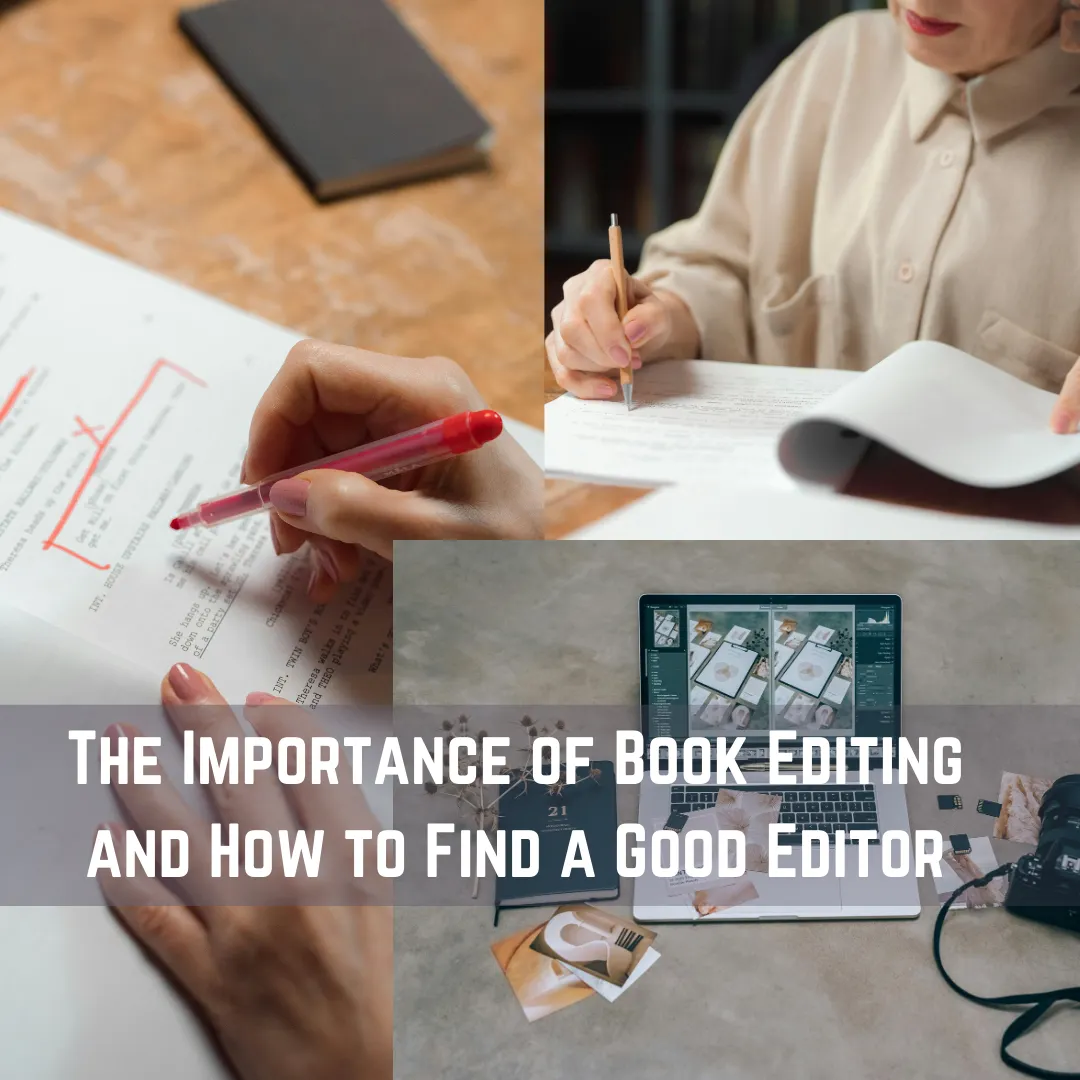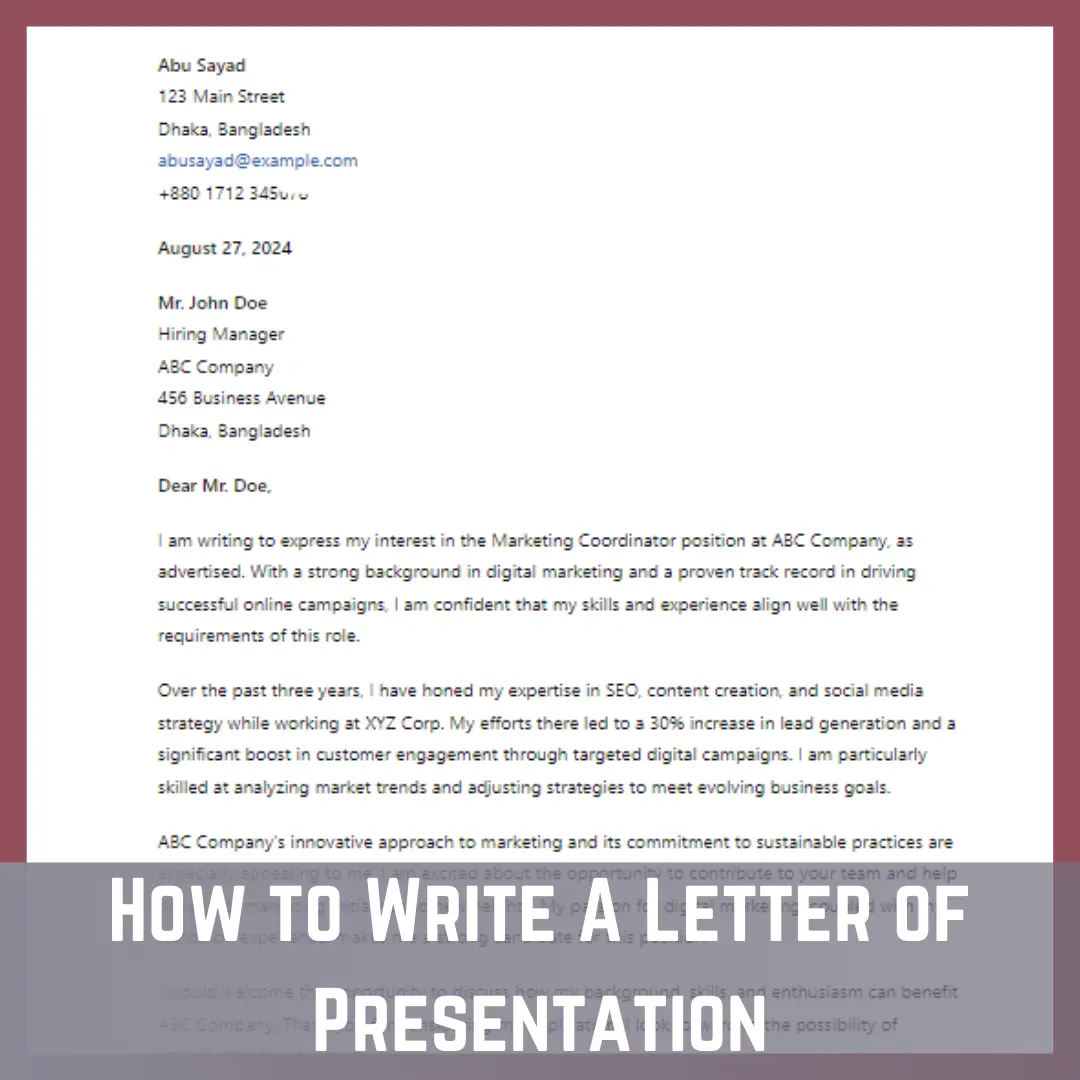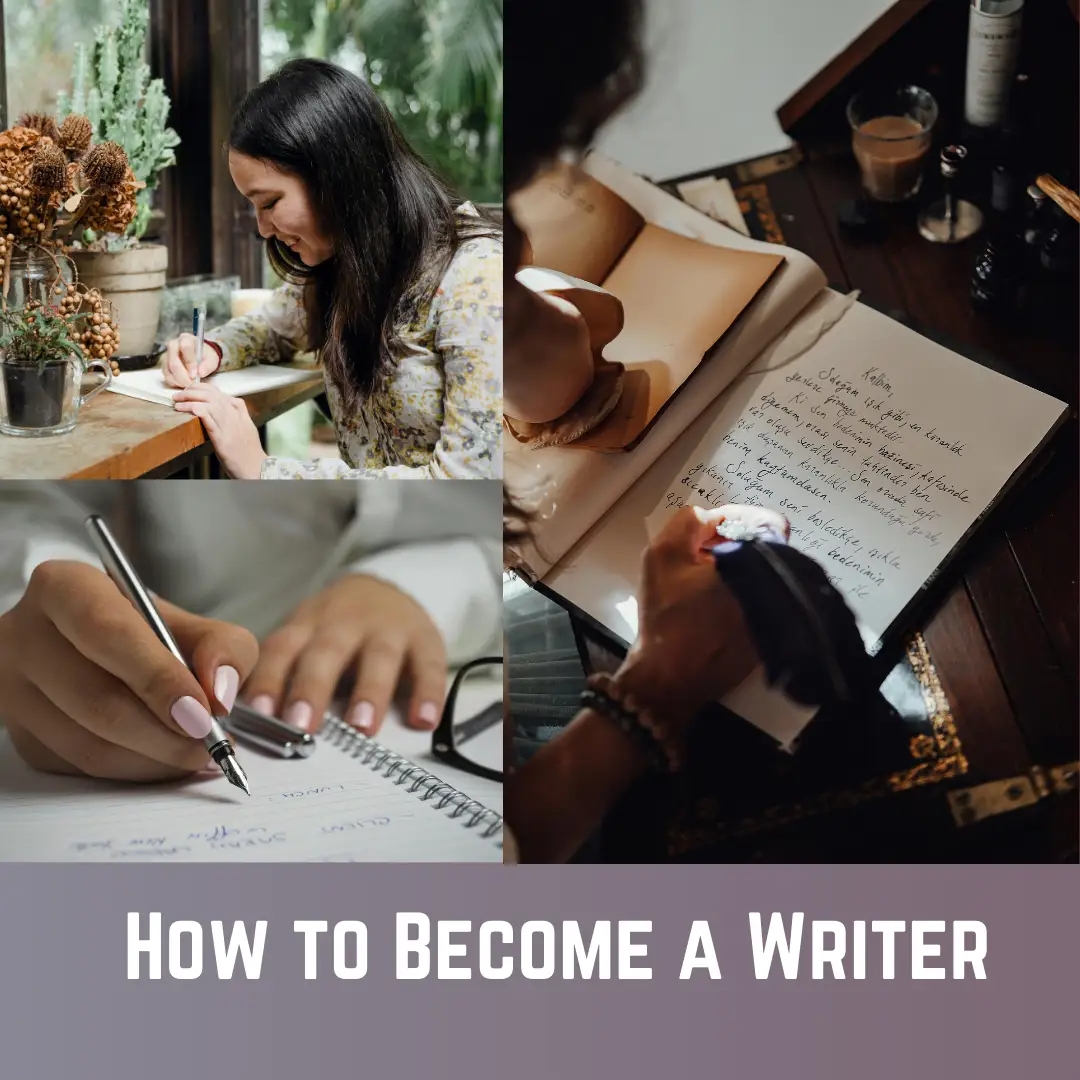Introduction
Every writer dreams of publishing a flawless book that captivates readers from the first page to the last. However, crafting such a masterpiece requires more than just raw talent and creativity. It demands meticulous editing. The importance of book editing cannot be overstated; it’s the process that polishes your manuscript and transforms it into a compelling, professional piece of work.
Why Book Editing is Crucial
Importance of a Polished Manuscript
A polished manuscript is essential for making a strong impression on readers and publishers alike. It ensures that your ideas are communicated clearly and effectively, free of distracting errors and inconsistencies.
Impact on Reader Engagement
Readers are more likely to stay engaged with a well-edited book. Smooth, coherent writing keeps them immersed in the story, while poor editing can pull them out of the narrative and lead to frustration.
Types of Book Editing
Developmental Editing
Developmental editing focuses on the big picture elements of your book. It addresses issues related to structure, content, and overall narrative flow. This type of editing is essential for ensuring that your story is well-organized and compelling.
Focus on Structure and Content
Developmental editors help you refine your plot, character development, and pacing. They provide feedback on how to improve these elements to make your story more engaging and cohesive.
Line Editing
Line editing is about enhancing the flow and style of your writing. It involves making sure each sentence is clear, concise, and impactful.
Enhancing Flow and Style
Line editors focus on the finer details of your prose, such as sentence structure and word choice, to ensure that your writing is smooth and engaging.
Copy Editing
Copy editing deals with the technical aspects of writing, including grammar, punctuation, and spelling.
Grammar and Punctuation Perfection
Copy editors meticulously correct errors and ensure that your manuscript adheres to standard language conventions.
Proofreading
Proofreading is the final step in the editing process. It involves a thorough review to catch any remaining errors.
Final Touches
Proofreaders focus on minor mistakes that may have slipped through previous editing stages, ensuring that your book is ready for publication.
The Book Editing Process
Initial Review
The editing process begins with an initial review, where the editor reads through your manuscript to get an overall sense of its strengths and weaknesses.
Feedback and Revisions
After the initial review, the editor provides detailed feedback. This feedback guides the revisions you’ll make to improve your manuscript.
Final Review
Once revisions are complete, the editor conducts a final review to ensure that all issues have been addressed and the manuscript is polished.
Benefits of Professional Editing
Improved Readability
Professional editing improves the readability of your book, making it more enjoyable for readers.
Increased Marketability
A well-edited book is more attractive to publishers and readers, increasing its chances of success in the market.
Enhanced Author Reputation
Publishing a polished, professional book enhances your reputation as an author and builds credibility with your audience.
Finding the Right Editor
Researching Potential Editors
Start by researching potential editors. Look for professionals with experience in your genre and a track record of successful projects.
Evaluating Experience and Expertise
Evaluate the experience and expertise of potential editors by reviewing their portfolios and client testimonials.
Reading Reviews and Testimonials
Reading reviews and testimonials can provide insight into an editor’s reliability and the quality of their work.
Cost of Book Editing
Factors Influencing Cost
Several factors influence the cost of book editing, including the length of your manuscript, the type of editing required, and the editor’s experience.
Budgeting for Editing Services
When budgeting for editing services, it’s important to prioritize quality. Investing in professional editing can significantly enhance your book’s success.
Working with an Editor
Establishing Clear Communication
Clear communication with your editor is essential for a successful collaboration. Ensure that you both understand each other’s expectations and goals.
Setting Expectations and Goals
Set clear expectations and goals for the editing process. This helps to ensure that the editor’s feedback aligns with your vision for the book.
Handling Feedback Constructively
Approach feedback constructively, viewing it as an opportunity to improve your manuscript. Collaboration with your editor can lead to a stronger final product.
Self-Editing Tips
Taking a Break Before Editing
Take a break before editing your manuscript. This helps you approach it with fresh eyes and a more objective perspective.
Reading Aloud
Reading your manuscript aloud can help you identify awkward phrasing and areas that need improvement.
Using Editing Tools and Software
Utilize editing tools and software to catch errors and improve the quality of your writing.
Common Editing Mistakes to Avoid
Overlooking Structural Issues
Don’t overlook structural issues in your manuscript. Addressing these early on is crucial for creating a cohesive and engaging story.
Ignoring Consistency
Ensure consistency in your writing, from character names to plot details, to avoid confusing your readers.
Rushing the Editing Process
Avoid rushing the editing process. Take the time to thoroughly review and revise your manuscript for the best results.
How to Prepare Your Manuscript for Editing
Formatting Guidelines
Follow formatting guidelines to make it easier for your editor to review your manuscript.
Providing Background Information
Provide background information about your book, including its themes, target audience, and your goals for the project.
Clarifying Your Vision
Clarify your vision for the book to ensure that the editor’s feedback aligns with your intentions.
The Emotional Aspect of Editing
Handling Criticism
Handling criticism can be challenging, but it’s important to remember that feedback is meant to help you improve your manuscript.
Staying Motivated
Stay motivated throughout the editing process by focusing on the progress you’re making and the improvements to your manuscript.
Celebrating Progress
Celebrate the progress you make during editing. Each revision brings you closer to your goal of publishing a polished, professional book.
Case Studies: Success Stories with Professional Editing
Author A: Transforming a Manuscript
Author A transformed their manuscript with the help of a professional editor, turning a rough draft into a polished, compelling story that captivated readers.
Author B: Overcoming Initial Rejections
Author B faced initial rejections but found success after investing in professional editing, which significantly improved their manuscript.
Conclusion
Book editing is an essential step in the writing process that ensures your manuscript is polished, professional, and ready for publication. By enhancing readability, increasing marketability, and building your reputation as an author, professional editing plays a crucial role in your book’s success. Finding the right editor involves researching potential candidates, evaluating their experience, and setting clear communication and goals. Investing in quality editing services can make a significant difference in the final product, ensuring your book resonates with readers and stands out in the market.
FAQs
How long does the editing process take?
The editing process can vary depending on the length of the manuscript and the type of editing required. On average, it can take anywhere from a few weeks to several months.
Can I edit my book myself?
While self-editing is an important step, professional editing is recommended for the best results. An experienced editor can provide valuable insights and catch errors you might miss.
What should I expect from a professional editor?
A professional editor provides detailed feedback on your manuscript, helping you improve its structure, style, and readability. They also correct grammatical errors and ensure consistency.
How do I know if my editor is good?
A good editor has experience in your genre, positive client testimonials, and a thorough, collaborative approach. Reviewing their portfolio can also help you gauge their expertise.
How do I handle disagreements with my editor?
Handling disagreements constructively is important. Discuss your concerns openly and seek to understand the editor’s perspective. Collaboration and clear communication can help resolve issues.




